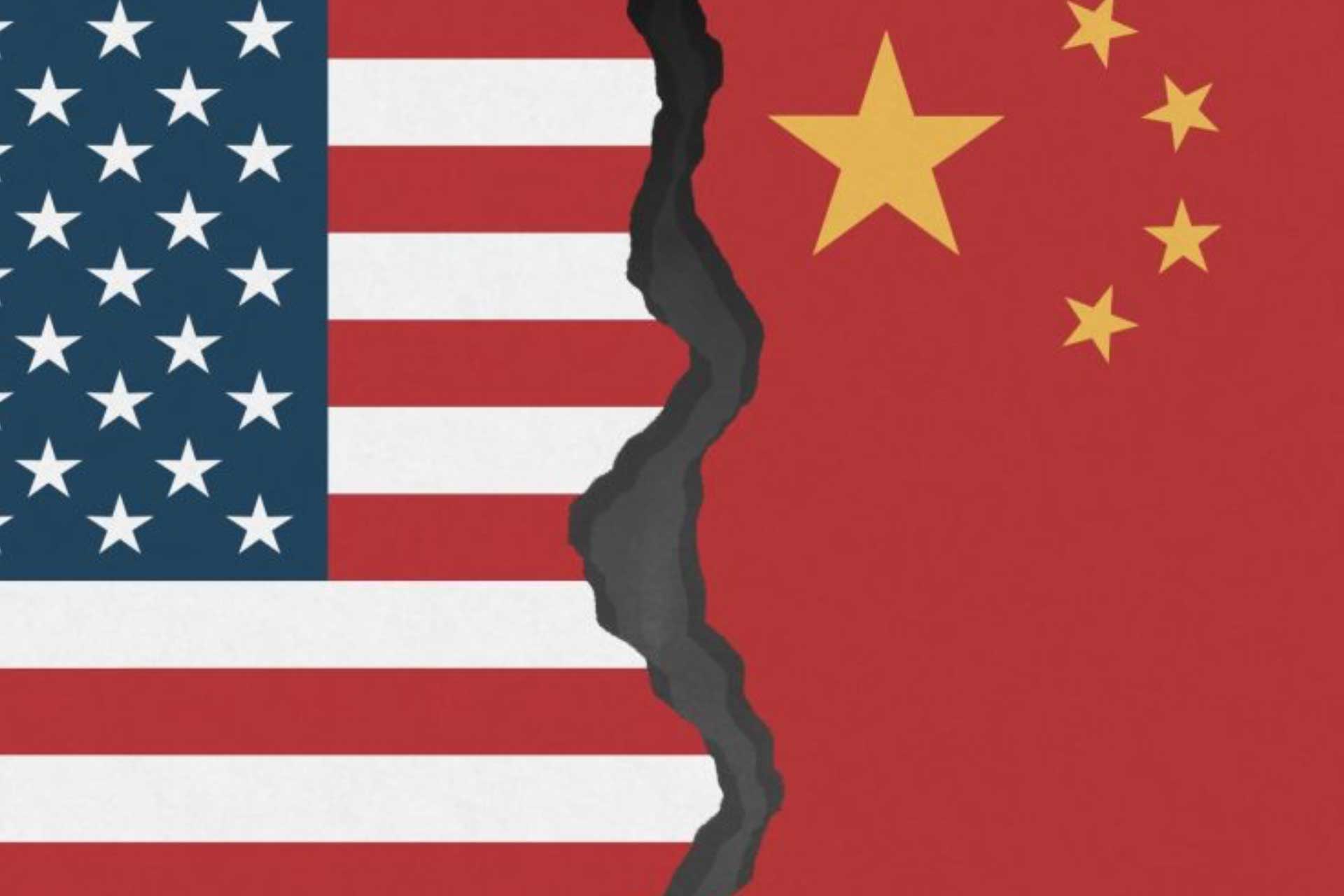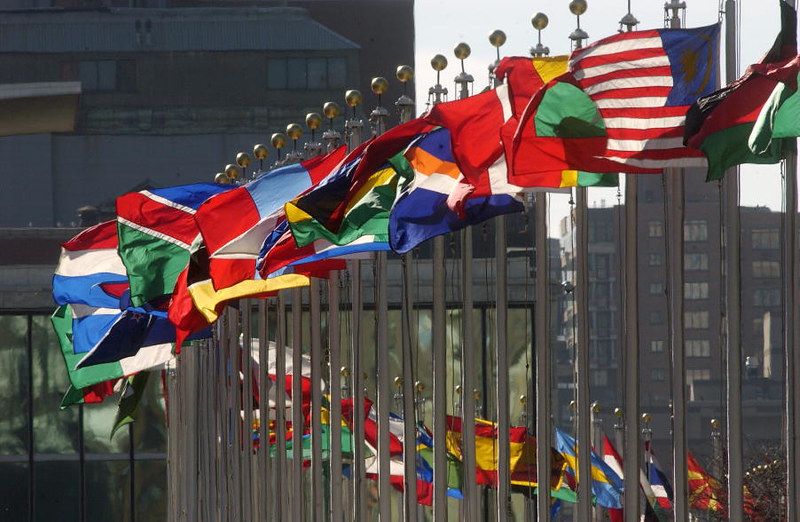Hawk over the Pacific Cracked the Giant Mirror
China should have exercised caution in its approach to global politics much earlier, recognizing that true greatness as a power lies not just in economic or industrial prowess, but in the dissemination of ideas and ideals—first within its own territories and subsequently to the broader world. However, China has seemingly struggled in this regard, focusing predominantly on economic growth without adequately addressing the imperative of ideological influence. Over the past decade, China’s self-perception as a global power has been challenged, as it grapples with its inability to effectively project its values and ideals.
The recent high-level visit by Nancy Pelosi, Speaker of the US House of Representatives, carries profound implications for China. Prior to the visit, reports emerged indicating that the Chinese Politburo had vehemently cautioned against the trip and issued significant threats [1]. Pelosi’s arrival in Taipei last night shattered this perceived invincibility, underscoring the fragility of China’s self-image as a dominant global force.
The Guardian
Pelosi’s visit represents the most significant setback for China in the current millennium. It serves as a stark reminder to both China and the international community that the United States possesses the capability and willingness to project power across vast distances, as evidenced by its direct engagement with Taiwan, a territory claimed by China. This demonstration underscores America’s resolve to protect its interests and those of its allies, thereby challenging China’s assertive claims and actions in the region.
There is another indication of this visit. As I mentioned at the beginning of my article, China has failed to spread an ideal, not to the world, not even to its own region. This has resulted in China becoming a feared power and unable to find strategic allies in the Asia-Pacific. As Birol Başkan points out in his article for Casus Diplomacy[2], the two biggest powers in the region besides China, Japan and South Korea, are uncomfortable with China and both are very important US allies. So China is alone in its region. And the US has virtually surrounded China in the Asia-Pacific.
Pelosi’s visit carries significant implications for the Middle East as well, serving as a potent message to countries in the region that are considering aligning with China. It underscores the United States’ status as the predominant power and a reliable ally, urging nations to exercise caution in their dealings with China. By sending this historic message from across vast distances, spanning from the Asia-Pacific to the Middle East, America reaffirms its strategic presence and influence, compelling countries to reconsider their alliances and prioritize their relationships with the United States.
The conflict at hand is not solely instigated by America; rather, it stems from China’s failure to accurately assess its position in global politics and its propensity to needlessly provoke the United States by pursuing policies that disregard current geopolitical realities. China’s inability to adopt a global strategy grounded in pragmatic considerations poses a significant challenge. Despite its formidable industrial and demographic prowess, China lags behind the United States both politically and militarily. Consequently, China must exercise greater caution in its actions and undergo a profound policy transformation.
Critically, this transformation should commence within the Asia-Pacific region, where China has yet to establish dominance. China’s foremost priority should be to cultivate strategic partnerships and allies within its own sphere of influence. Prior to Pelosi’s visit, China not only failed to seize strategic opportunities but also made provocative gestures that further exacerbated tensions. China must recalibrate its understanding of its own power and recognize that its aspiration to emerge as a viable alternative to the United States is currently deferred. Through a more astute analysis of its geopolitical position and a more nuanced approach to international relations, China can chart a more constructive path forward.
Muhammed F. Cetinkaya
Graduate Student-Boston University Pardee School of Global Studies
[1] Bishop, B. (2022, July 28). XI-Biden call; Politburo meeting; Taiwan; chip corruption. Xi-Biden call; Politburo meeting; Taiwan; Chip corruption. Retrieved August 3, 2022, from https://sinocism.com/p/xi-biden-call-politburo-meeting-taiwan?triedSigningIn=true
[2] Başkan, B. (n.d.). Past, Present and Future States: The Global Picture. CASUS DIPLOMACY. Retrieved August 3, 2022, from https://casusdiplomacy.com/2022/06/01/kuresel-resim/




Comments